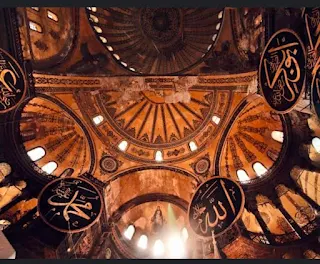It looks like you might be referring to the history of Prophet Isa (Jesus) in Islamic tradition. Here is an overview of his story as it is commonly understood in Islam:
Birth and Early Life Prophet Isa:
(Jesus) is one of the most significant prophets in Islam. Muslims believe he was born to Maryam (Mary) without a father, through a miraculous birth. This event is described in the Quran, where the angel Gabriel (Jibril) announces to Maryam that she will have a son, even though she is a virgin.
Miracles and Teachings :
Isa is known for performing many miracles, such as healing the sick, raising the dead, and creating a bird from clay. These miracles were signs of his prophethood and were performed by the permission of Allah. Isa's teachings emphasized monotheism, compassion, and justice. He called people to worship Allah alone and follow His commandments.
The Injeel (Gospel):
The Crucifixion and Ascension:
A key difference between Islamic and Christian beliefs is the understanding of the crucifixion. Islam teaches that Isa was not crucified; instead, it appeared so to the people, and Allah raised him up to heaven. Muslims believe that Isa will return to earth before the Day of Judgment to restore justice and defeat the false messiah (the Antichrist).
Importance in Islam Isa:–
Isa is highly respected in Islam and is considered one of the five greatest prophets, along with Noah (Nuh), Abraham (Ibrahim), Moses (Musa), and Muhammad (peace be upon them all). His life and teachings are a significant part of Islamic theology and eschatology.









